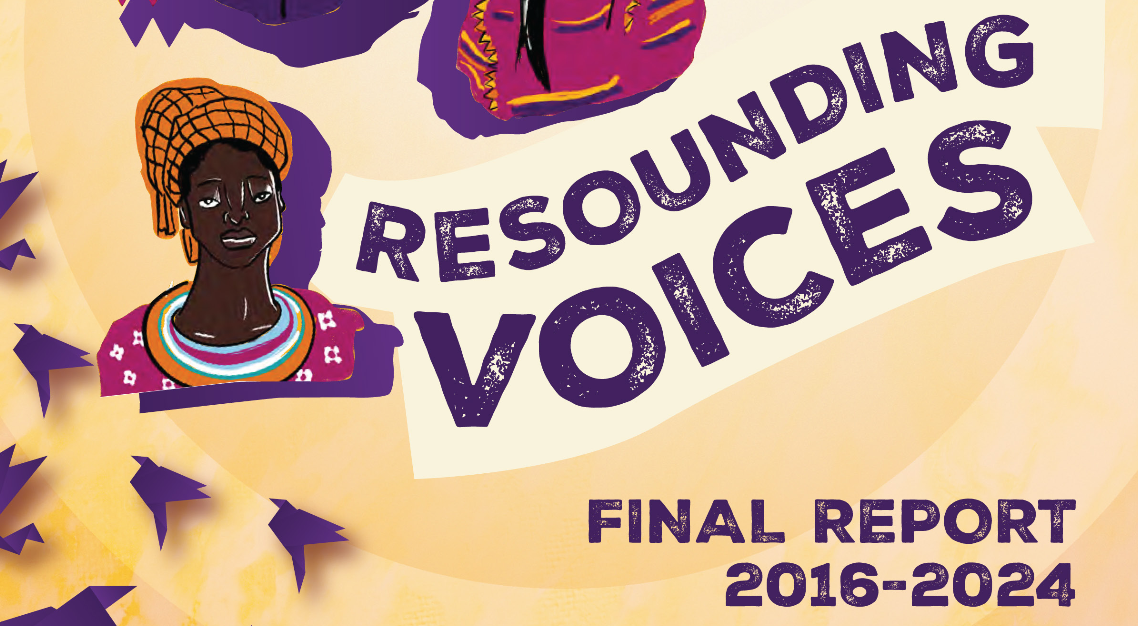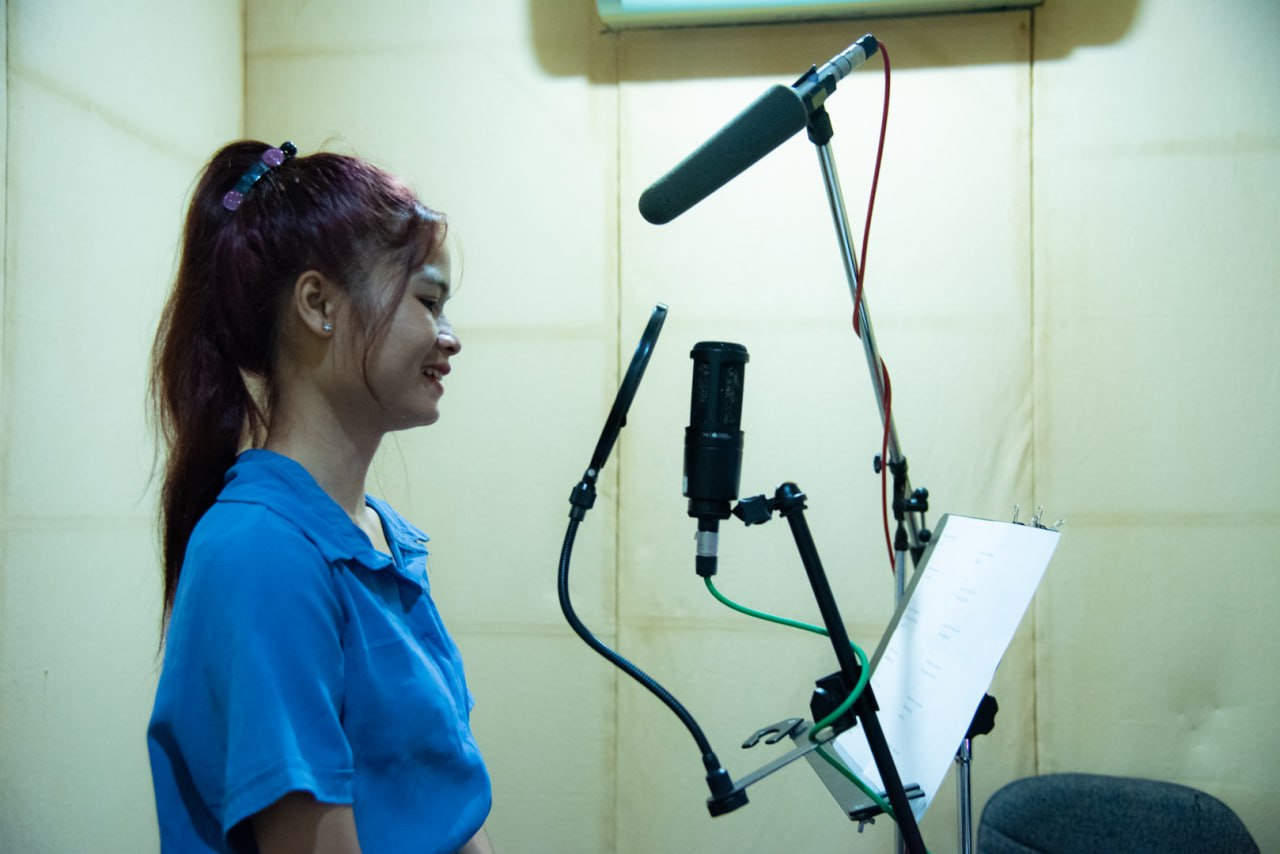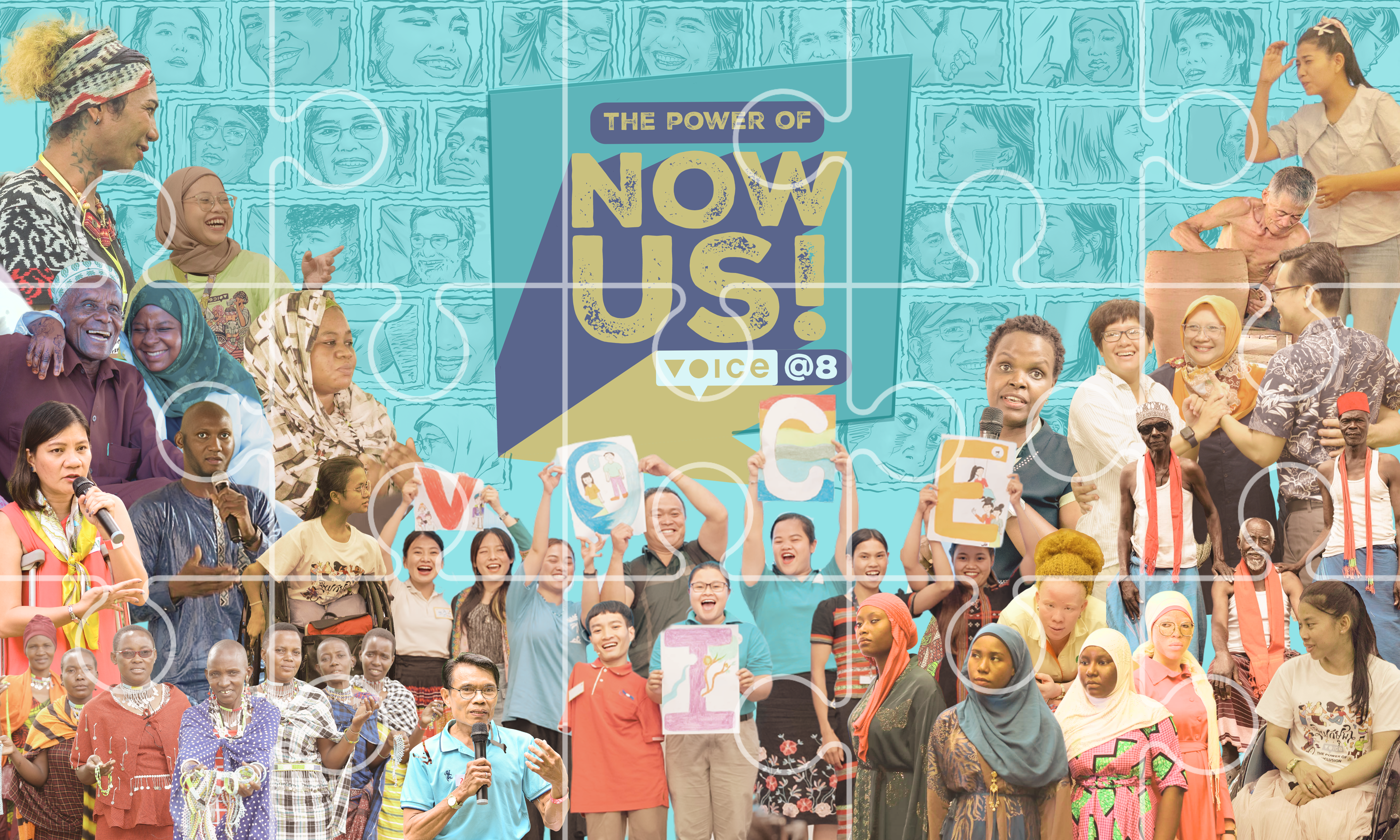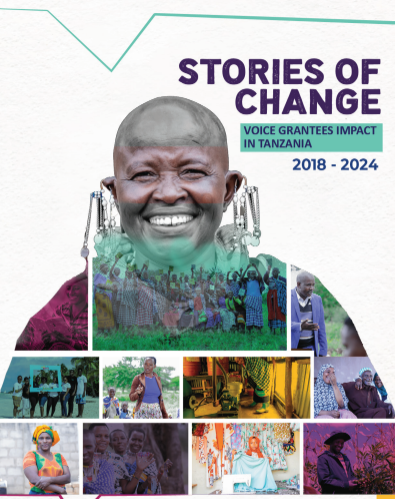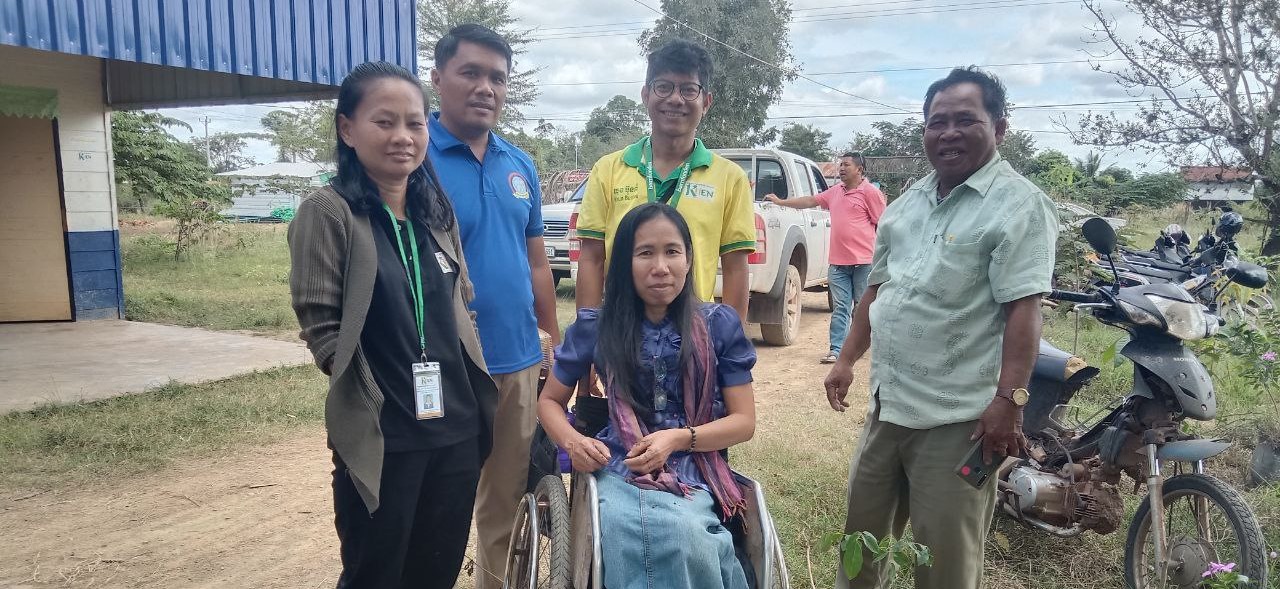Creating a new table altogether!
Kenya’s census 2019 included intersex marker: a first in Africa
Within Voice we often say that rightsholders need to have a seat at the table rather than being on the menu! But what about creating a new table altogether? This Voice of Change showcases the story from the Intersex Persons Society of Kenya, an empowerment grantee who managed to do just that. Thanks to their advocacy, Kenya became the first African country to specifically have intersex as the third marker in their recent census.
Due to the conservative nature and cultural background of Kenyan society, discrimination and isolation of intersex persons had been normalised. This has led to segregation even among extended and core family members – with devastating effects on intersex children who are not only abandoned and/or killed by their own parents but also to those parents who choose to stand by their affected children.
It is to curb this trend that in 2019 the Intersex Persons Society of Kenya (IPSK) was awarded an Empowerment grant. Led by the intersex community, the purpose was to strengthen their advocacy role in the campaign for intersex rights in Kenya and the region by improving and scaling up information and awareness on intersex rights and the stigma people experienced.
IPSK carried out advocacy strategies including engagements with national media stations to stress the need for Intersex persons to be included as a third code in the Kenya National Census. As part of the Intersex Taskforce, IPSK engaged with government officials, Senators and Members of Parliament, as well as the organisation leading the census, the Kenya National Bureau of Statistics. This was part of their advocacy strategies to count intersex persons. The result was amazing and Kenya was recognised as the first African country to specifically have intersex as the third marker! Added to this, IPSK team members were invited to the Senate for the reading of an introductory bill known as the Gender identity bill. The bill aims at amending provisions in the Registrar Acts, Birth and Registration Act to allow intersex persons to easily change their identification documentation.
This story comes from the Annual Report 2019: Voice(s) Untamed!

